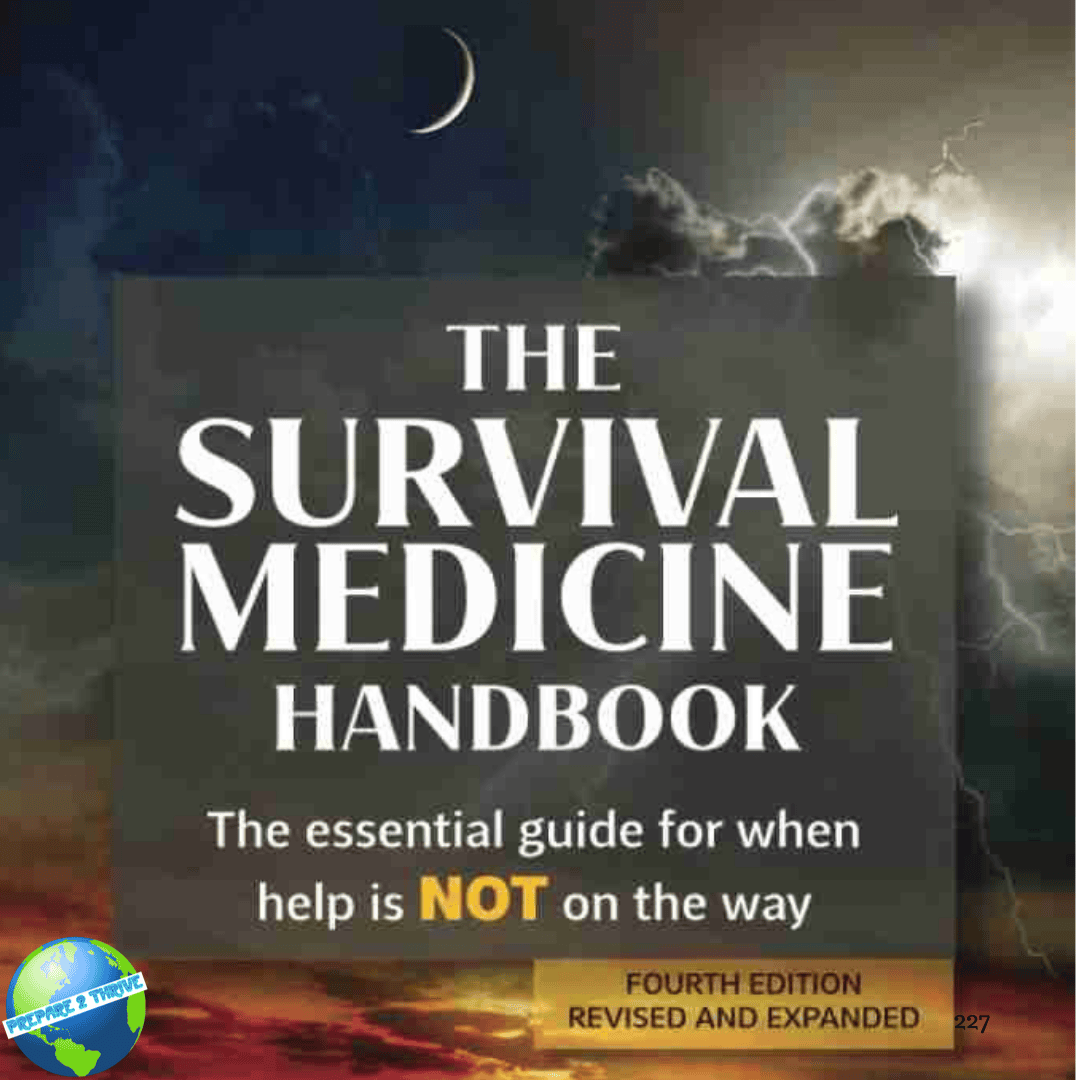Skills

Empower yourself with the indispensable skills that form the bedrock of survival in our dedicated 'Skills' section. In this corner of our prepper haven, we delve into the mastery required to navigate the complexities of both land and sea scenarios. Uncover the art of navigation, essential seamanship, and maritime survival tactics crucial for those relying on live-aboard sailboats as bug-out vessels. Simultaneously, explore the skills essential for terra firma, including bushcraft, shelter building, and self-defense techniques tailored for land-based survival scenarios. Whether you're a seasoned sailor or a landlubber preparing for uncertain times, our 'Skills' segment provides a comprehensive guide to honing the abilities that could mean the difference between vulnerability and resilience in the face of adversity.
-
Discover the advantages of achieving self-sufficiency by living on a sailboat. Explore the benefits of living off the grid and the unique aspects of sailboat living for a survival lifestyle.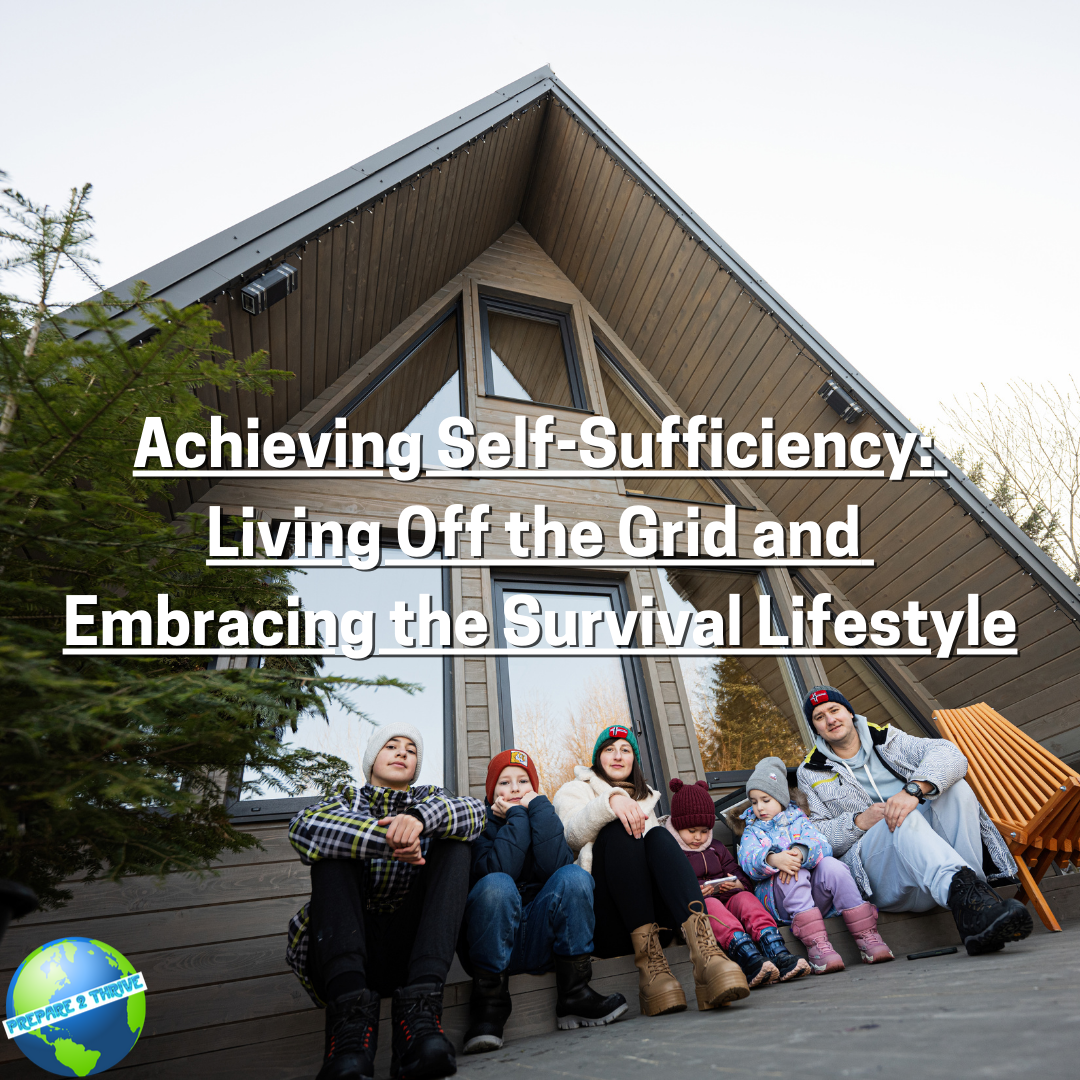
-
Learn how to equip your sailboat with an onboard AI system to boost navigation, security, and survival in a post-apocalyptic world. Discover the benefits, risks, and step-by-step instructions to build your own rugged, offline-capable AI for liveaboard resilience.
-

-
Learn how to build your own powerful battery backup system at a fraction of the cost of pre-made units. Save money, expand your system as needed, and gain full control over quality. Perfect for powering appliances, charging devices, or even running your entire home. Discover the step-by-step guide and price comparison to get started today!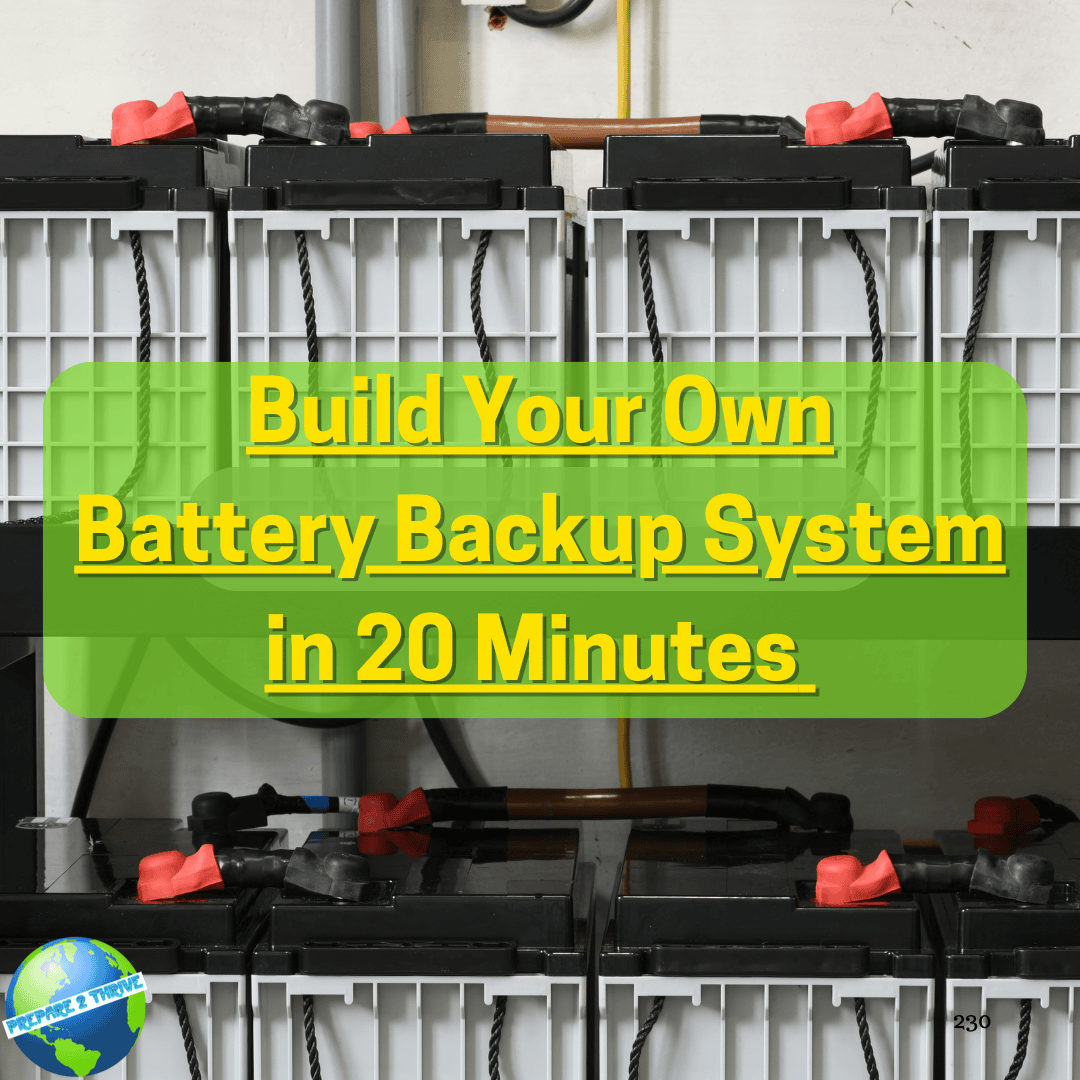
-
Learn how to build a DIY emergency shelter with these tips and tricks. Discover essential construction techniques, choose the right design, and ensure safety and security. Prepare for emergencies and enhance your self-reliance.
-
Discover essential survival skills beyond guns and self-defense. Learn how to grow food, preserve supplies, build shelters, and maintain health. Practical skills from the Great Depression, like sewing and foraging, remain crucial for thriving in a societal collapse. Prepare to adapt, trade, and stay resilient when modern conveniences disappear. Survival starts here.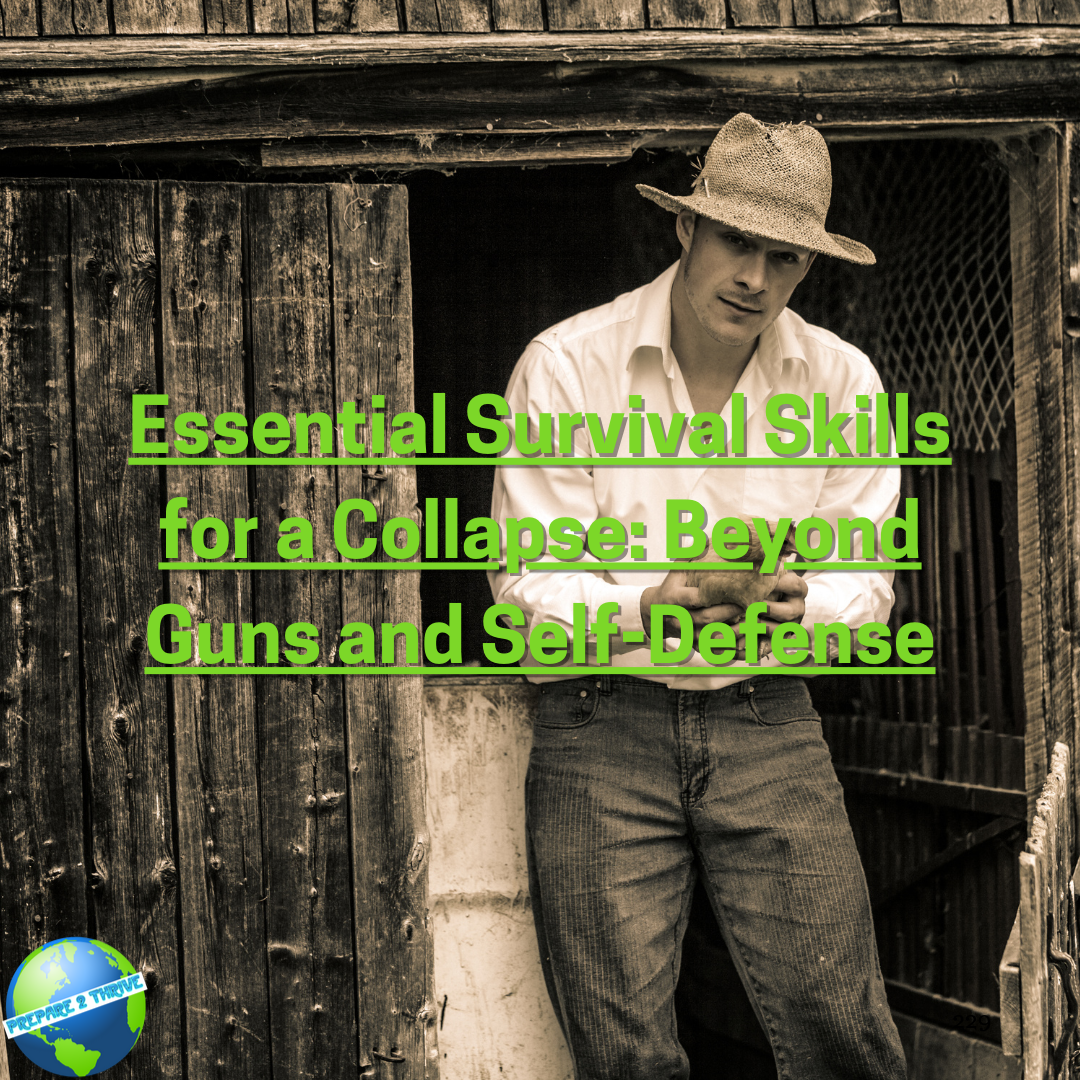
-
Set sail on a reading adventure with the top eBooks on sailing. Enhance your skills and knowledge with our comprehensive list and download links. Bon voyage!
-
Learn essential survival skills and techniques for beginners in this comprehensive guide. Equip yourself with the knowledge and abilities to navigate and overcome various challenges in emergency situations.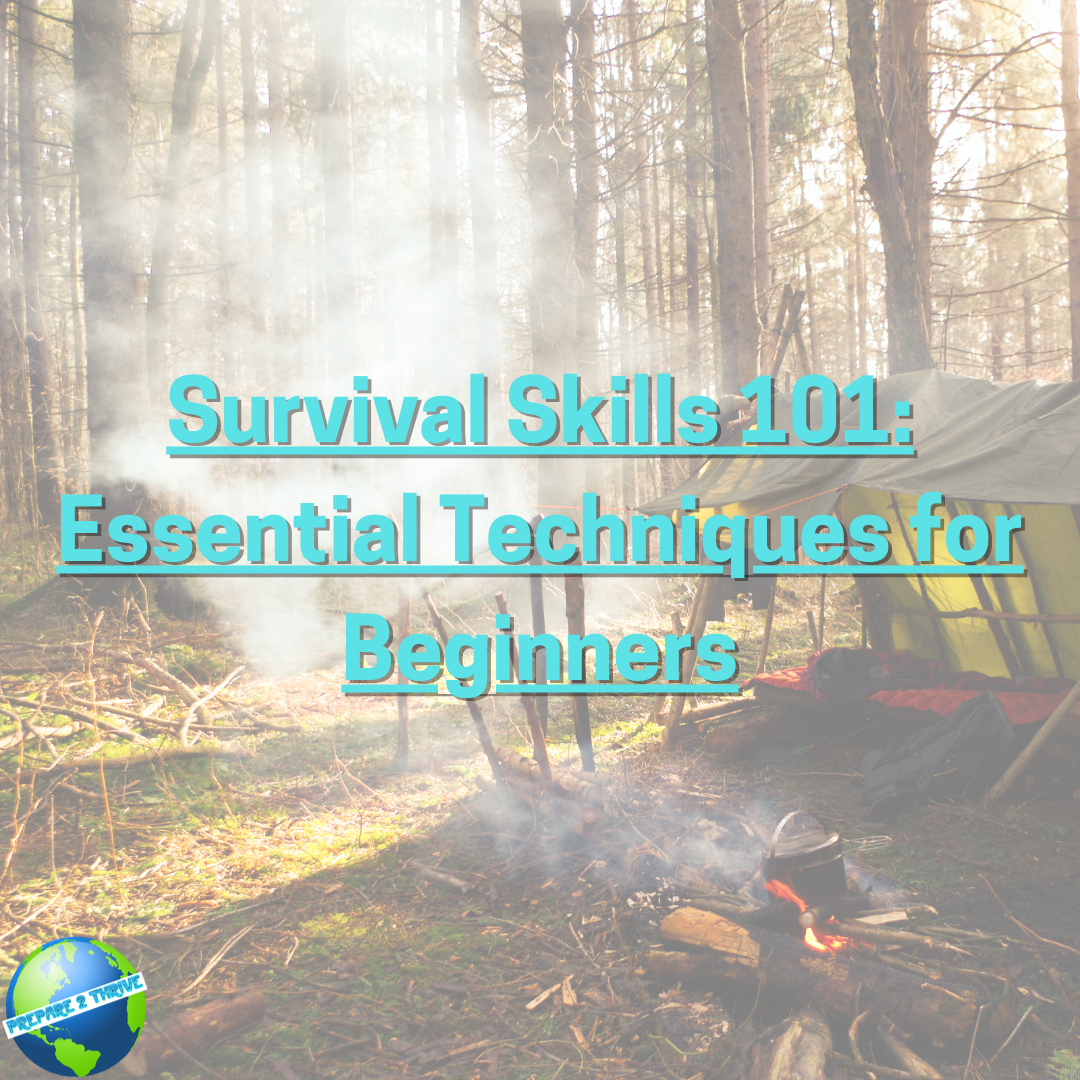
-
Be prepared for any medical emergency, whether on land or sea, with the essential guide - 'The Survival Medicine Handbook'. Covering everything from basic first-aid skills to natural remedies and environmental hazards, this comprehensive book will equip you with the knowledge and supplies needed to handle any situation when help is not on the way. Don't wait until it's too late